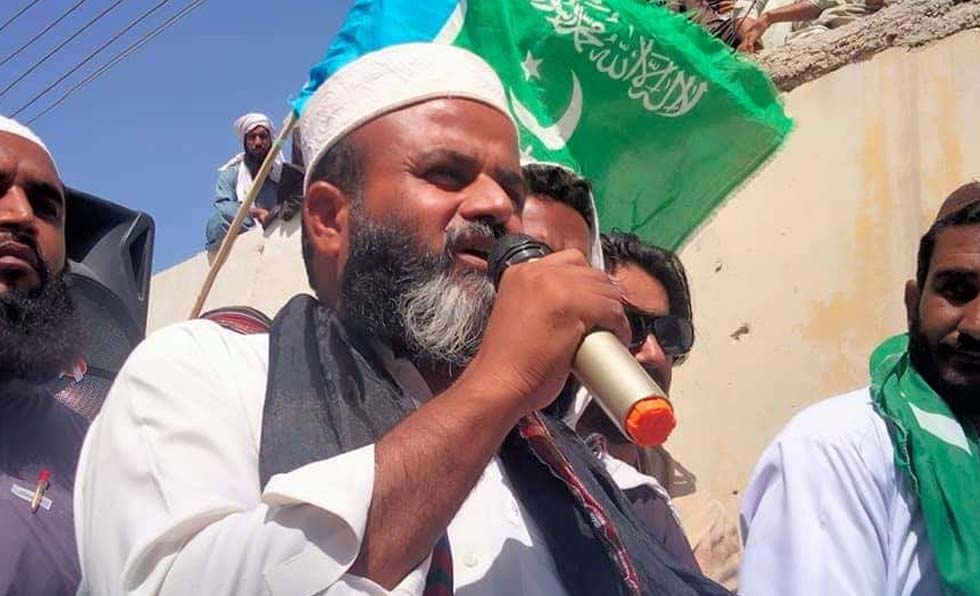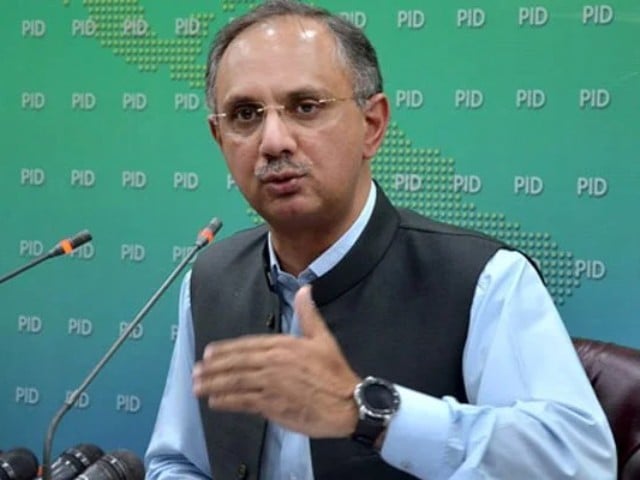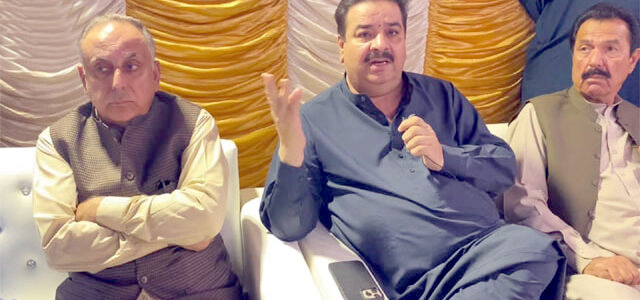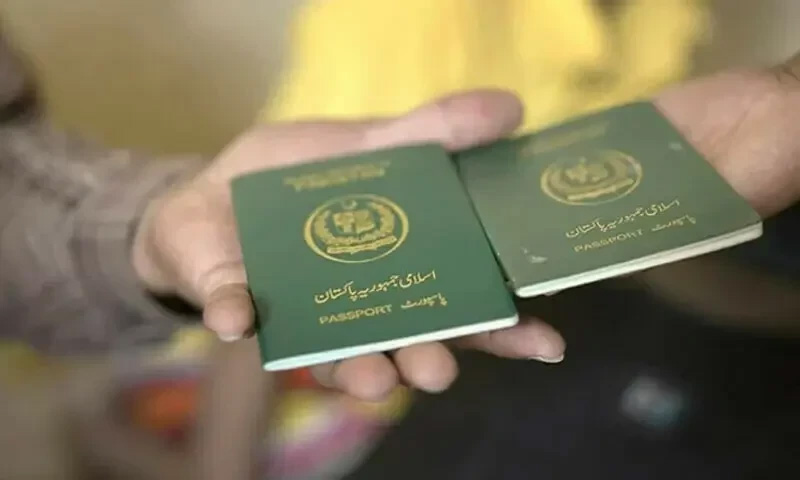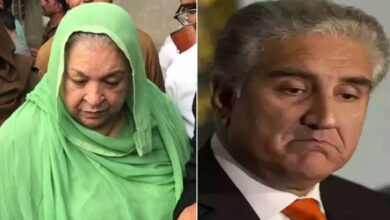Rahmat Saleh Baloch Stresses Need for Inclusive Dialogue to Resolve Balochistan’s Issues
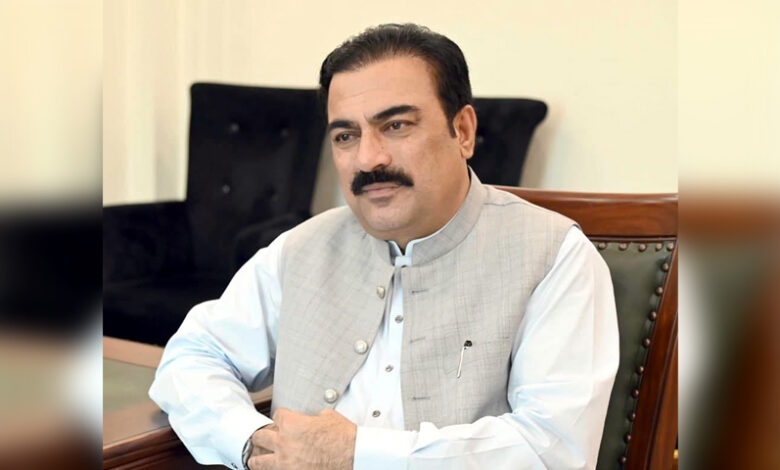
Quetta:Rahmat Saleh Baloch, the central leader of the National Party and Deputy Parliamentary Leader in the Balochistan Assembly, has emphasized the importance of comprehensive dialogue between all stakeholders to resolve the issues facing Balochistan. He stressed that the problems of Balochistan cannot be solved through the use of force or unilateral actions, but rather through bringing all parties to the table for negotiations and cooperation.
Speaking on the challenges faced by the province, Rahmat Saleh Baloch highlighted the role of Dr. Abdul Malik Baloch, who, during his tenure, initiated a policy of reconciliation that helped pave the way for addressing Balochistan’s issues. According to Rahmat Saleh, this dialogue-driven approach created a positive environment for resolving the province’s problems. However, after Dr. Abdul Malik’s departure from office, this process was not only halted but also rolled back and sabotaged, leading to a resurgence of violence and conflict that continues to this day.
Baloch remarked that the 2018 and 2024 elections in Balochistan saw a blatant disregard for the will and votes of the people. He accused the ruling powers of undermining the true representatives of the province and bringing in “parachute” leaders whose interests aligned with the continuation of a flawed system that left Balochistan’s problems unresolved. He argued that had the real representatives been allowed to take charge, the situation in Balochistan would have been different today.
Rahmat Saleh Baloch also touched upon the sensitive issue of missing persons, which he described as one of the most significant human rights issues in Balochistan. He called on the federal government to ensure the immediate recovery of the missing individuals, noting that the suffering of their families was immeasurable. He emphasized that the issue was not just a local or provincial problem but a serious human rights concern that required urgent attention from the government. The prolonged uncertainty regarding the fate of missing persons has led to growing unrest in the province, with a loss of trust among the public, according to Rahmat Saleh.
He further stated that those accused of crimes should be brought before the courts to ensure justice is served and the rule of law is upheld. He argued that only through transparent judicial processes can public trust be restored in the system.
Rahmat Saleh Baloch also raised concerns about the rights, resources, and development of the people of Balochistan, warning that these issues could become more complex if not addressed through serious dialogue. He underscored that without the resolution of these concerns, the situation could spiral further, which would not be in the best interest of the province or the country as a whole.
He urged the government to take practical steps toward Balochistan’s development, including providing education, employment, and opportunities for the youth so they can fully realize their potential. Baloch stressed the importance of equitable resource distribution and addressing public grievances to enable sustainable development in the province.
In conclusion, Rahmat Saleh Baloch reiterated that the solution to Balochistan’s problems lies in dialogue, reconciliation, and cooperation among all parties. He called for joint efforts from all stakeholders to work toward a peaceful and prosperous Balochistan.


